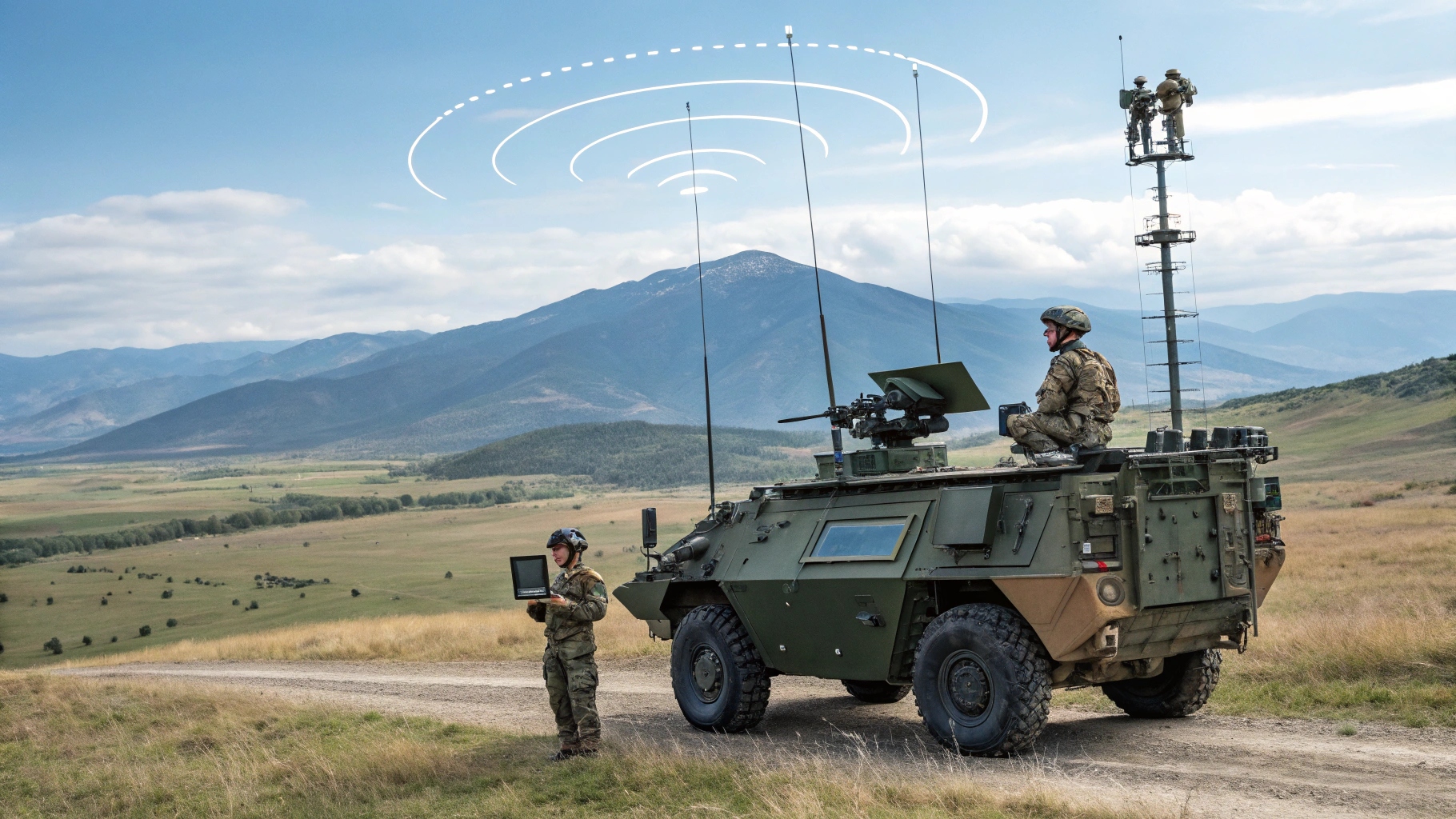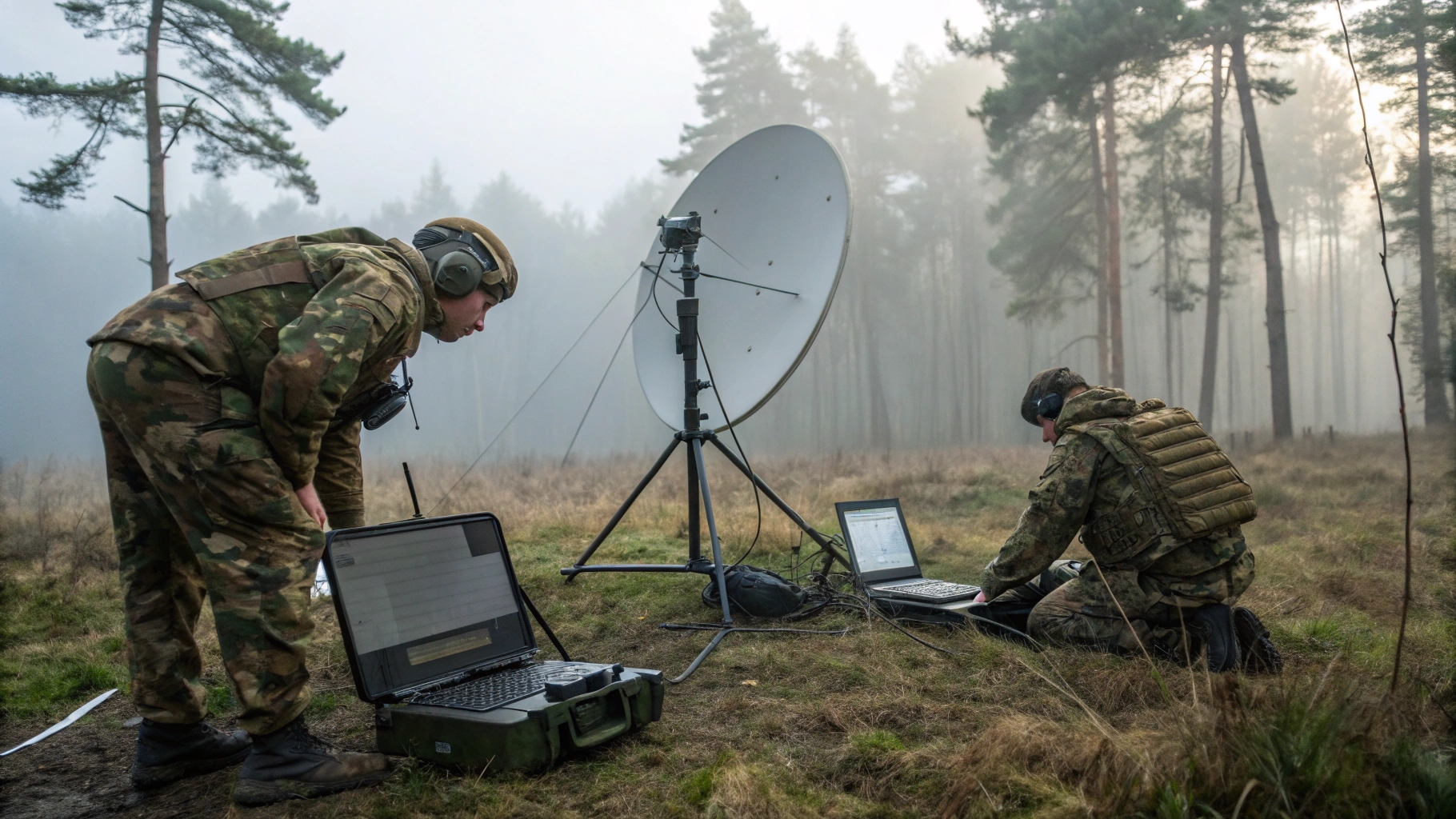
The US Army has granted Epirus a $43.55-million contract to develop and supply cutting-edge directed-energy weapons capable of disabling multiple aerial threats, particularly drone swarms.
This initiative is part of a critical development and validation phase and involves two Generation II Integrated Fires Protection Capability High-Power Microwave (IFPC-HPM) systems, along with testing, logistical support, and spare components.
The contract also includes provisions for future add-ons, such as additional test events and system enhancements.
Under the delivery schedule, Epirus is expected to complete the first unit by the end of July, followed by the second system in August and a third in September. These systems will undergo comprehensive testing in October at Naval Air Weapons Station China Lake in California. Should the tests yield positive results, a full-scale acquisition by the US Army is anticipated.
At the core of this contract is the Gen II version of Epirus’ Leonidas IFPC-HPM system. These weapons deploy high-powered, long-duration microwave pulses to disrupt and disable the electronics of enemy drones en masse.
Thanks to its modular and software-driven architecture, the system is tailored to meet diverse threat requirements, while offering low maintenance costs and simplified upgrade paths.
Back in May 2024, Epirus delivered four original IFPC-HPM units to the Army. The latest Gen II variant, incorporating feedback from frontline users, promises significant improvements — including a more than twofold increase in effective range and a 30% rise in overall power.
This advancement positions the system as a game-changer in the US military’s evolving counter-UAV strategy.






